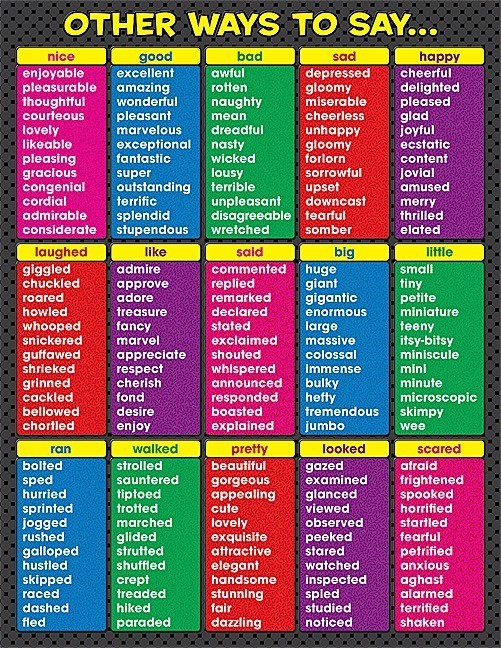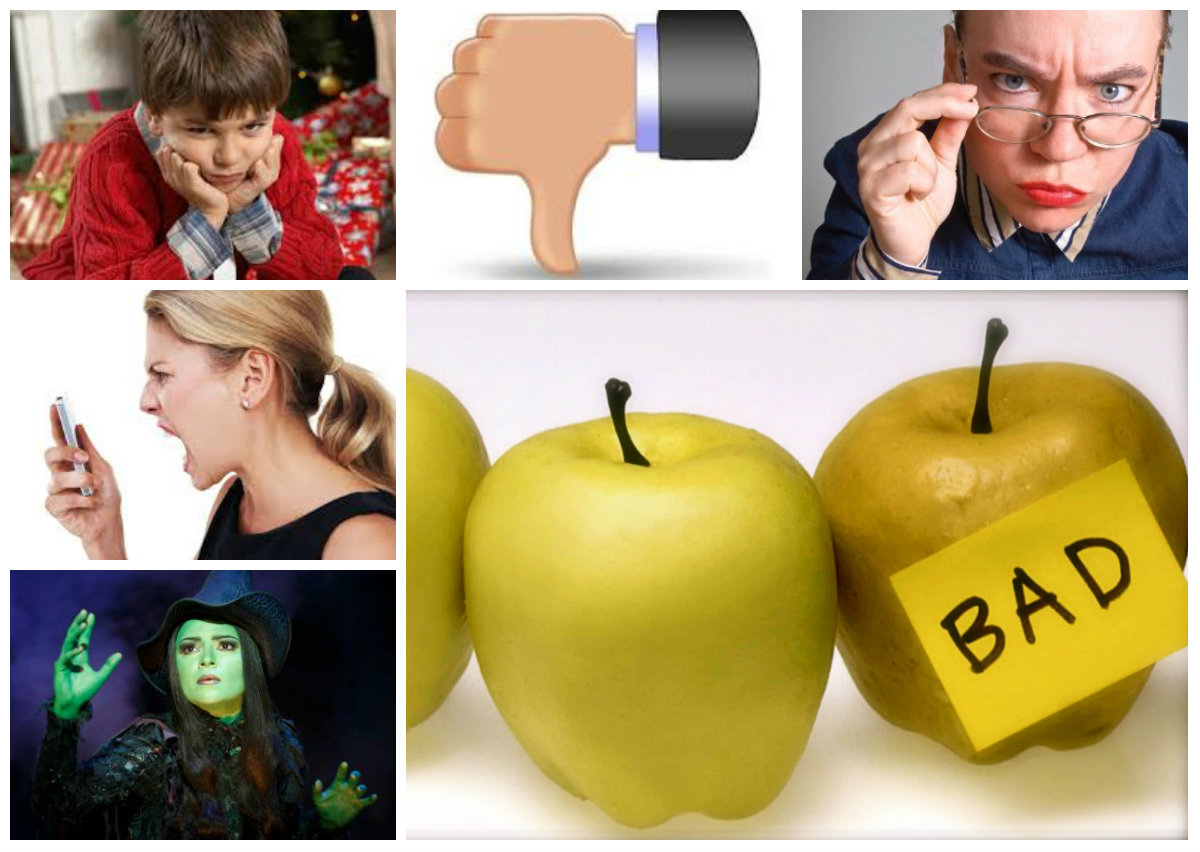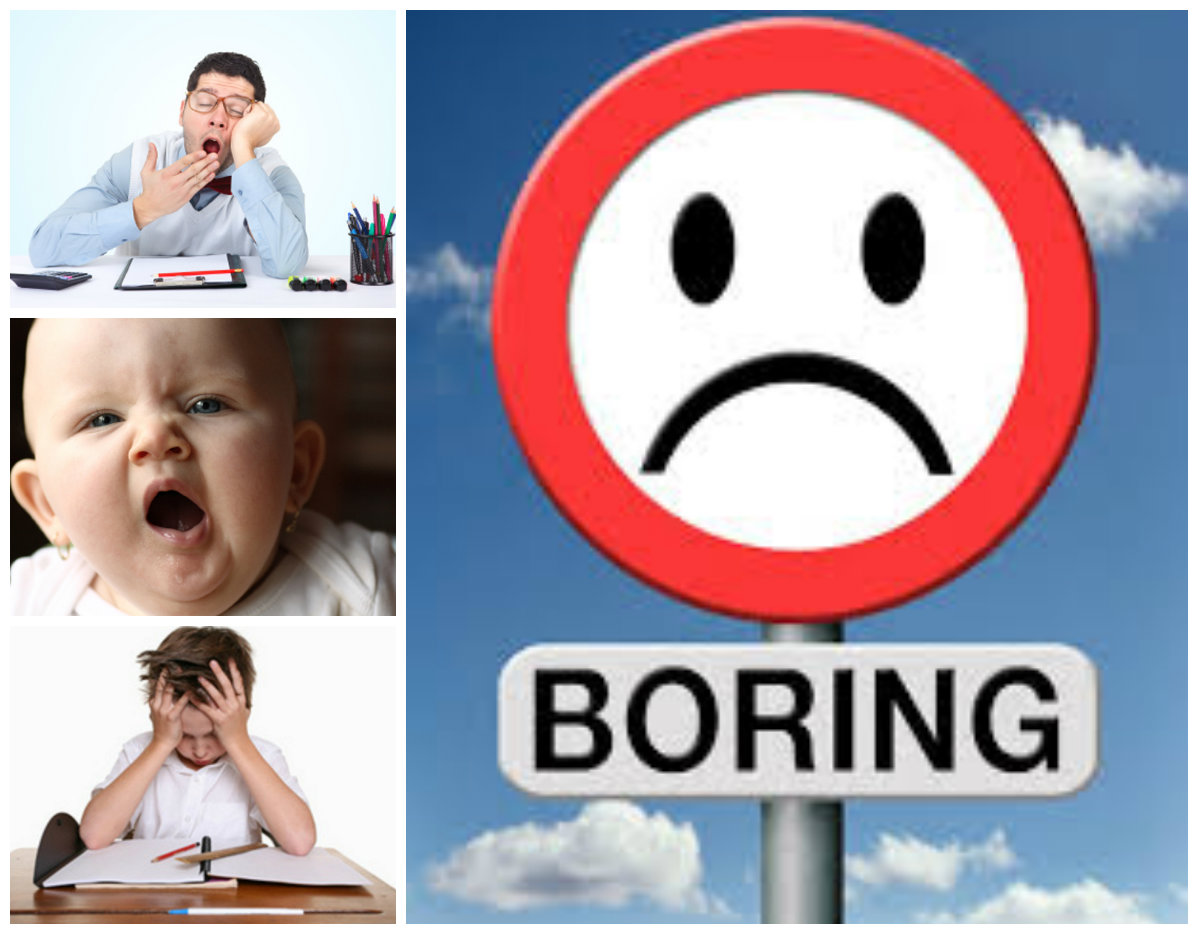We have already warned you against various dangers lurking on the path of learning English. Warned about the English words that sound the same and tried to protect from hospitality to the address of false brothers from other languages, reminded about the possible annoying clerks and ochepyatkah in writing.
"I would know where to fall, I spread straw to it," - says the proverbial wisdom. We propose to stock up not with straw, but with attention when reading this article, which will tell about the correct use of synonyms in English. You +1 step to perfection, and +1 +1 good deed to saving superman
SAY or TELL
He told, “I will go home”.
I said, “I will go home”
The first phrase is not at all like a long story, so leave the verb TELL for another STORY, and you can and should report your plans to go home with the help of the verb SAY.
LIKE or LOVE
I like you. Will you marry me?
I love you. Will you marry me?
Any girl, having heard the first phrase with the word LIKE, will agree to the second with the word MARRY. Love feeling is much stronger than sympathy. Of course, you can say “I love dogs”, but it will literally mean that you have little idea of your life without our four-legged brothers.
STAY or REMAIN
We stayed in a very good hotel.
We stayed in a very nice hotel.
What do they usually do at the hotel? That's right, stop for a short time. You can use the verb REMAIN only if you decide to stay for a long time, stay in a hotel. But is it necessary? Think carefully before choosing a verb and writing yourself to the hotel guests.
TAKE PLACE or TAKE PART
The meeting will take part soon.
The meeting will take place soon.
I will take part in this meeting.
TAKE PLACE translates as "happen." TAKE PART - to "participate." You as a person can participate in anything. Remember: you can take part in meetings (take part), but the meetings themselves and other events can only happen (take place).
GROW UP or GROW
These flowers grow up quickly.
These flowers grow quickly.
When I grow up I’ll be a star.
In this case, the flowers grow, and the children grow up or grow. The verb GROW UP applies only to humans, GROW- to all other growing creatures.
BORROW or LEND
I want to lend a car from you.
I want to borrow a car from you.
Will you please lend me your car?
Compare: Lend-lend, lend; BORROW - borrow, take on time. You cannot order someone to lend you something - you can only ask / ask about it. Using the verb BORROW, you make someone aware of your desire to occupy an unfit thing.
PICK or PICK UP
We picked up flowers in the garden.
We picked flowers in the garden.
He picked up his pen from the floor.
With the help of the verb PICK you can collect, shoot, pick flowers or fruit, for example. With the help of the verb PICK UP you can pick up, bring the girls you like to home. It is from this verb that the well-known “pick-upers” originated. By the way, PICK UP can also be a handle from the floor, as in the above example;)
STEAL or ROB
Someone has robbed all her money.
Someone has stolen all her money.
Someone robbed a bank.
The verb STEAL translates as “to steal, to steal.” The word “rob” reminds of the verb GRAB. Robbery is the open unlawful taking of other people's property. Theft is almost the same, only secret action, without spectators and witnesses. You can also remember this: robbing on a large scale (banks, nations, enterprises), and robbed in small ways (wallets, telephones, jewelry).
DISCOVER or INVENT
America was invented by Columbus.
America was discovered by Columbus.
Flemming invented penicillin.
Columbus discovered (discovered) America, and Popov invented radio (invented), and in no way could be the opposite. That which is not the fruit of your imagination and work, but successfully found on time, is a discovery. The result of hard work is an invention. Channel Discovery, for example, does not invent anything. And the appearance of the fifth model IPhone language does not turn to call the opening.
REFUSE or DENY
Helen denied to go shopping with us.
Helen refused to go shopping with us.
She denied that she wanted a new dress.
The verb DENY is most commonly used to mean “deny; reject; not to acknowledge the existence of ", but the verb REFUSE-" reject, deny, reject. " Wise Elena, in this example, could not deny the offer to go shopping, but could refuse it because she denied her desire to buy a new dress. With women, their desires and shopping, things are much more complicated than with the verbs DENY and REFUSE.
HANGED or HUNG
We hanged the picture on the wall.
We hung the picture on the wall.
Nobody has been hanged in UK since 1964.
The past tense verb has two forms: hung and hanged. Remember: HUNG is a picture, but HANGED is a person. Also HUNG can be a computer program, for example. Let the verb HANGED continue to be used in this sense only in the past tense and is found only in the pages of history textbooks.
WEAR or PUT ON
She always puts on black shoes.
She always wears on black shoes.
I put on my coat and went out.
WEAR means to wear. For example, as in the title of the film “The Devil Wears PRADA”. PUT ON - “put on”. Remember that it is “to dress up” and not “to dress”. Because you can wear something only on yourself, and you can wear someone else. “I put on stockings” and “I put pantyhose on my daughter”.
TEAR or TEAR UP
Up his coat on a nail.
He tore his coat on a nail.
He was angry and tore up the letter.
TEAR UP - pull out, pull out. TEAR- tear, tear, tear. The enraged man tore his coat from a nail and tore the letter from his hands. The difference is obvious;)
SEAT and SIT
We have a letter.
Write a letter.
She seated the children one by one.
SIT (sit) can be yourself. But the SEAT (sit / sit) can be someone: guests, children, friends, spectators.
RISE or RAISE
Ben raises very early in the morning.
Ben rises very early in the morning.
A good boss raises your salary often.
RISE can be yourself in the morning in the amount of one person. RAISE need an unlimited salary. RISE (rise) can also be a sun or a plane, for example. RAISE denotes an increase in the number, degree, level, rank, position.
We cannot mention the peculiarities of using all verbs with a similar meaning in one article. But we can bring to your attention a picture that will add +10 to eloquence;) However, do not play too well with the speaker and do not over-salt your speech with synonyms. Everything is good in moderation!

Be careful and cautious not only when crossing the road, but also using verbs that are similar in meaning and often in sound (not to mention trinities of irregular verbs like read-read-read). We wish as soon as possible to master this art, so that after your words “hanged this picture” no picture will meet with soap and rope.
Have you ever wondered why we need synonyms in English? Why do we need stopitstsot ways to say the same thing?
Maybe they, these English synonyms? Maybe enough to learn good, important, beautifuland a couple of others?
And no!
But what about shades of meaning? Accuracy and freedom of expression? Elegance of style? Wealth vocabulary?
Shades of meaning
First, English synonyms convey different shades of meaning and different intensity of emotions. For example:
good - great - awesome - terrific - amazing - fantastic
important - essential - vital - key - indispensable
beautiful - attractive - good-looking - charming - gorgeous
Agree, for us, as carriers of the Russian language, there is a difference between “good” and “breathtakingly”? Similarly, English synonyms - the taste and color are different.
English synonyms (and Russian, too!) Are wonderful because we can say exactly what we want. And not limited to the word importantonly because we don’t know how to express ourselves more precisely.
Do you pay attention to English synonyms? Leave a comment - we will discuss!
Synonyms in English: how and when to use correctly2015-06-15 2015-06-15 https: //site/wp-content/uploads/2017/09/logo.pngNative English Schoolhttps: //site/wp-content/uploads/2017/10/List-of-Synonyms-3.png200px 200px
Have you noticed how gently and melodiously the language of Ukrainian and Russian literary speech flows? Like a silk fabric falling over a marble maiden. And everything in it is concise, beautiful, appropriate. Such a speech can be listened to for hours, not at all tired, but, on the contrary, having relaxed, listen to the tales and get a charge of emotions that will last you for a long time. The language fostered by writers has a diverse palette of expressions and words, using which you can describe events or express feelings to the smallest details. And it is wonderful if a person is competent enough in his statements. The attitude of people towards him is always respectful, as the culture of speech will always be an indicator of good manners. And with such people it is always pleasant to rest and work.
In our today's article, the Native English School team invites you to familiarize yourself with the wizards, which makes it more beautiful - synonyms. Of course, we will talk about synonyms in the English language, the rules for their use and the differences between them.
Now consider what is synonyms. These are words that have similar lexical meanings belonging to the same part of speech, but having different spelling and sound. In English, they are quite a number. The study of English synonyms must be given due attention, as in order to express your thoughts clearly and in the case, you need to choose the exact word that will correspond to reality.
Synonyms in English and examples of their use
Wonderful - great
Synonyms for the word wonderful: amazing, extraordinary, incredible, astounding, unbelievable, improbable, fabulous, astonishing, great.

What a variety! Look closely, each word carries its own shade of meaning, each is unique and will change the meaning of the sentence you said in your own way.
The exact meaning can be viewed in dictionaries, and even more synonymous dictionaries are provided.
Bad - bad
Synonyms for the word bad: unfriendly, evil, unfavorable, faulty, rotten, immoral, sinful, wicked, depraved, spoiled, harmful, harmful, harmful, harmful, horrible.

Dull - boring
Synonyms for the word dull: tiresome, boring, listless, stupid, monotonous, tiring, dumb, slow, insensible, tedious, dreary

Look — watch
Synonyms for the word look: see, watch, gaze, study, survey, stare, spy, glance, peek, peep, view, discover, scrutinize.
- See - to see
- Watch - to observe
(Consider when you use the word SEE and the word WATCH)

(peek and peep are very similar words, you need to pay attention to what pretexts they stand for - into, in, ..)
- View - to survey
- Discover - detect
- Sight - notice, look out
- Scrutinize - scrutinize
We must strive to make your speech richer and more beautiful. Do not be lazy to look in the dictionary, do vocabulary exercises and use synonyms. You will be glad to see even more if you are also welcome to hear!
Native English School wishes you a pleasant working day. Let the high temperature not become a hindrance to you during the day, and warm evenings will be romantic and pleasant. See you at school on english courses dear students! =)
Have you ever wondered why we need synonyms in English? Why do we need stopitstsot ways to say the same thing?
Maybe they, these English synonyms? Maybe enough to learn good, important, beautifuland a couple of others?
And no!
But what about shades of meaning? Accuracy and freedom of expression? Elegance of style? Wealth vocabulary?
Shades of meaning
First, English synonyms convey different shades of meaning and different intensity of emotions. For example:
good - great - awesome - terrific - amazing - fantastic
important - essential - vital - key - indispensable
beautiful - attractive - good-looking - charming - gorgeous
Agree, for us, as carriers of the Russian language, there is a difference between “good” and “breathtakingly”? Similarly, English synonyms - the taste and color are different.
English synonyms (and Russian, too!) Are wonderful because we can say exactly what we want. And not limited to the word importantonly because we don’t know how to express ourselves more precisely.
Do you pay attention to English synonyms? Leave a comment - we will discuss!
Each language is rich in synonyms, so that the beauty of speech is achieved. To find a synonym for a particular word, people most often turn to dictionaries. In the native language, choosing the right synonym, which does not change the meaning of the sentence, is not difficult. But what if, for example, you are learning English and want to find a synonym for a specific word? Of course, you may have some difficulties.
A typical entry in the dictionary, for example, by the word "big" (eng. big) as follows:
Big (adjective) - big
- big
large, big, greater, big, high, wide
- large
large, major, big, coarse, massive, heavy
- important
important, significant, big, big, substantial, serious
- significant
significant, great, significant, significant, big, big
- wide
wide, broad, general, large, full, big
- tall
high, tall, lofty, big, elevated, heavy
- extensive
broad, wide, wide
- loud
loud, sounding, big, clarion, strong, ringing
- adult
adult, grown, big, marriageable, grown-up, full-grown
- generous
generous, magnanimous, benevolent, forgiving, noble, big
As you can see, there is no lack of synonyms. The problem is quite different - how to choose the right thing for you in the meaning? Well, if you have a dictionary of synonyms English-Russian, that is, immediately with the translation. If not, you need to try not to make a mistake. Of course, the use of a word depends on the context.
Example:
Youhaveabigdog. - You have a big dog.
Youhaveafatdog. - You have a fat dog.
Of course, the dog can be just big, and fat, and huge. Think what exactly you want to say. If you know the translation exactly, then it will be easy for you to choose the correct synonym. If not, try using it in a different phrase.
You have a fat house. - You have a fat house. You won't say that, will you?
About the house there, but about the dog or cat as it is quite possible, of course, if it is true.
Another example:
Nice -adjective, translated into Russian means "pleasant". Let's look at the synonyms for the word "nice" in English.
Nice (adjective) - nice, nice
- good
good, well, nice, fine, kind, satisfactory
- pleasant
pleasant, nice, agreeable, enjoyable, pleasing, good
- nice
beautiful, nice, handsome, lovely, goodly, fair
- sweet
cute, dear, nice, sweet, darling, lovely
- nice
glorious, nice, famous, decent, pleasant, dear
- kind
good, kind, kindly, gracious, nice, gentle
- delicious
tasty, yummy, savory, palatable, nice, appetizing
- delicate
elegant, graceful, fine, slim, delicate, nice, courteous
- kind
kind, accommodating, dear, amiable, gracious, nice
- orderly
careful, neat, tidy, trim, snug, nice
- thin
thin, fine, subtle, delicate, small, nice
- legible
legible, picky, choosy, discriminating, nice, fastidious
Compare the sentences:
These flowers smell nice. - These flowers smell good.
Theseflowerssmellcourteous - These flowers have a delicate smell.
People usually are courteous if they are civilized. -People are usually delicate if they are well brought up.
As you can see from the examples, finding a synonym is not a problem. The problem is to use it correctly. A great advantage for you will be the opportunity to talk with native speakers of English. In this case, by the expression of their faces or question, you can understand that “fat house” or “delicate smell of flowers” are not quite acceptable phrases in English.

Synonyms of English Explaining Differences in Russian
Registration of premises in kindergarten: reception room, bedroom, changing room, music room
Cinema-quality image settings
Images mdf mds. How to open mdf file
What to do to not want to eat